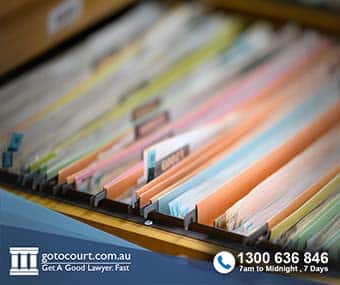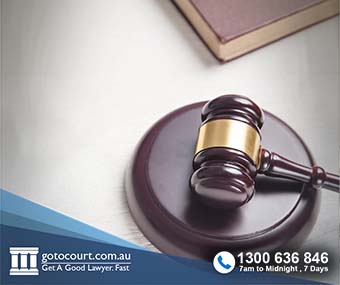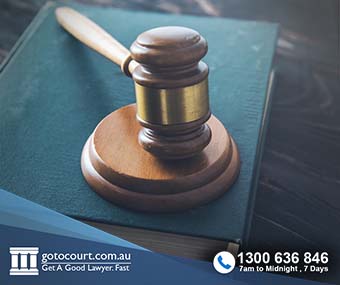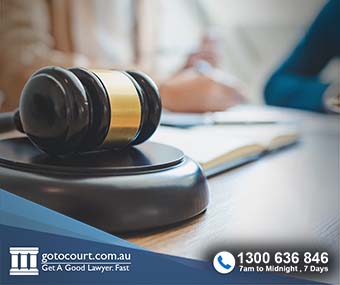Call our lawyers
now
or,
have our lawyers
call you
Tenant Rights and Obligations in Victoria
Updated on Dec 06, 2023 • 5 min read • 197 views • Copy Link
Tenant Rights and Obligations in Victoria
The Residential Tenancies Act 1997 (RTA) sets out tenant rights and obligations in Victoria as well as the rights and responsibilities of rental providers. This page explains tenants’ rights and obligations in Victoria.
Starting a tenancy
In Victoria, a tenant should be provided with the following documents when they lease a residential property:
- Consumer Affairs Victoria Booklet – Renting a home
- A copy of the unsigned tenancy agreement
- A bond lodgement form
- An entry condition report.
It is important the tenant reads through the documents and understands all of the terms of the tenancy agreement, prior to signing the lease.
The tenant is required to complete a condition report once they have moved into the property. The condition of the property and any damage should be noted on the report. It is a good idea to take photos to attach to the condition report.
Bond
A bond is paid at the start of the tenancy in the event the tenant defaults on rent or damages the property. The bond must be lodged with the Residential Tenancies Bond Authority (RTBA), to be held until the tenancy agreement ends. The RTBA will send the tenant a receipt once it has received the bond from the rental provider.
In Victoria, there is generally no limit on the amount of bond a rental provider can request. However, if the rent is less than $350 per week, the maximum bond payable is the equivalent of one month’s rent.
Rent
The tenancy agreement will stipulate when the rent is payable. If the tenant falls more than 14 days behind in rent, the rental provider can issue a notice to vacate. However, the only way a tenant can be evicted from a property is by an order for possession from the Victoria Civil and Administrative Tribunal (VCAT). This order can be sought after a notice to vacate has been issued.
In some cases, a tenant may be able to avoid the issue of a possession order by showing the tribunal that they can pay the rental arrears, or that a repayment plan has been agreed upon.
Privacy
The tenant has the right to quiet enjoyment of the property for the duration of the tenancy agreement. This means that if the rental provider wants to enter the property, they must give the tenant written notice, noting the reason for entry. If the rental provider does not provide notice within the required time frame, the tenant can refuse the rental provider entry to the property.
Repairs
A tenant is obligated to report any repairs that are required, regardless of whether the issue bothers the tenant or not.
If the repairs are urgent, the rental provider must organise for them to be carried out. If this does not occur after the tenant has taken reasonable steps to bring the matter to the rental provider’s attention, the tenant may organise for the repairs to be carried out. The rental provider must reimburse the tenant for the reasonable costs of the repairs.
A tenant may also apply to VCAT for urgent repairs to be carried out.
If the tenant is responsible for damage to the property, they may be required to pay for the repairs. However, the damage must still be reported to the rental provider.
Pets
In Victoria, a tenant may keep a pet at a residential rental property either with the consent of the rental provider or under an order by VCAT.
If a tenant wishes to keep a pet at the property, they must apply in writing to the rental provider for their consent. If a response in not provided within 14 days, the rental provider is taken to have consented.
If a rental provider wishes to refuse to allow a pet, it must apply to the tribunal for an order that it is reasonable to refuse the tenant consent to keep a pet. The tribunal may make an order that such a refusal is reasonable, or it may order that the tenant may keep a pet.
In assessing whether it is reasonable to refuse permission to keep a pet, VCAT will consider a range of factors including the type of pet proposed and the nature and character of the property and furnishings.
Utility charges
The rental provider is required to pay the initial connection fees for water, gas, and electricity on the property. Unless otherwise agreed, the tenant is responsible for paying the consumption fees for utilities if the property has individual meters measuring their consumption.
Ending a tenancy
At the end of a tenancy, the tenant must clean the property and remove their belongings. All keys and remote controls must be returned to the rental provider.
Once the tenant has vacated the property, the rental provider will complete a final inspection and exit report. It is recommended the tenant attend the final inspection so that any issues can be dealt with straight away.
If the property has sustained damage or has been left unclean, the rental provider may claim money from the bond to cover the cost of cleaning and repairs. However, the rental provider cannot claim for reasonable wear and tear.
Money can only be deducted from the bond where the tenant agrees to this and signs the bond claim form. If the tenant does not agree, the rental provider cannot claim the money unless an application to VCAT is successful.
If you require legal advice or representation in any legal matter, please contact Go To Court Lawyers.

Affordable Lawyers
Our Go To Court Lawyers will assist you in all areas of law. We specialise in providing legal advice urgently – at the time when you need it most. If you need a lawyer right now, today, we can help you – no matter where you are in Australia.How It Works







1. You speak directly to a lawyer
When you call the Go To Court Legal Hotline, you will be connected directly to a lawyer, every time.


2. Get your legal situation assessed
We determine the best way forward in your legal matter, free of charge. If you want to go ahead and book a face-to-face appointment, we will connect you with a specialist in your local area.


3. We arrange everything as needed
If you want to go ahead and book a fact-to-face appointment, we will connect you with a specialist in your local area no matter where you are and even at very short notice.
























